B2B Social Media Marketing Services
Organic B2B social media marketing is like a cocktail party, and we’re here to make you the most interesting person in the room with audience-obsessed content and a channel-specific strategy that drives the outcomes most important to you.
Nurture value-based audience relationships with organic B2B social media marketing
No one would walk up to a stranger at a cocktail party and instantly try to sell them something. Your B2B social media content shouldn’t either.
Only 10% of potential B2B customers are in market for a new solution at any time, so promotional messaging tends to fall flat for the majority of your audience. Instead, you need organic social media that educates, entertains and inspires, building meaningful relationships with your most important audiences — from potential customers to reporters, investors and employees.
But that kind of social media takes extensive planning, collaboration and expertise, and there are only so many hours in the day. Walker Sands draws on industry experience to design and execute optimized, business-aligned social media strategies that engage and delight B2B audiences. We worry about algorithm changes and other platform nuances so you don’t have to, guiding your social media presence to achieve your business goals.

“Did you hire a new social media person?”
Comment on a Semrush organic social post curated by the Walker Sands team
B2B social media case studies
Social media capabilities
An effective B2B social media program isn’t one-size-fits-all — every brand needs a different mix of tactics to achieve their goals. Here’s a glimpse at some of our B2B social media services.
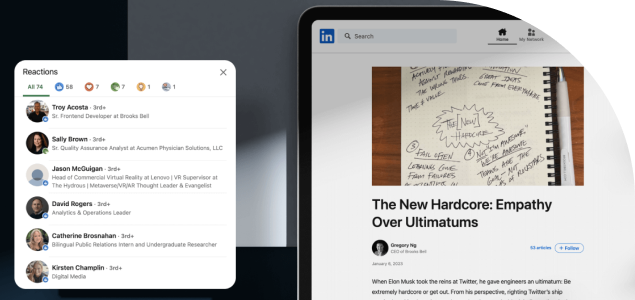
Influencer Marketing
Think influencer marketing is just for B2C brands? Think again. Partnering with reporters, content creators, academics and others in your field allows you to tap into key conversations and showcase your expertise to your target audience.
Social Media for Brands
Whether you’re trying to secure share-of-voice in a competitive industry or looking to build a stronger digital community, social media holds tremendous potential for your B2B brand.
Social Media for Executives
Your executives’ visibility on social media has significant implications for your company. An appealing social media presence can lead to business opportunities, attract job-seekers and increase overall brand sentiment.
Expect more from B2B social media marketing
Leverage the expertise of a B2B social media marketing agency to craft organic social media content that stops audiences mid-scroll.
B2B organic and paid social media clients we’re proud to support






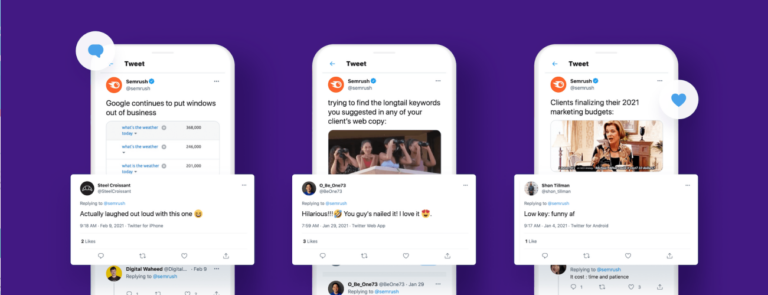
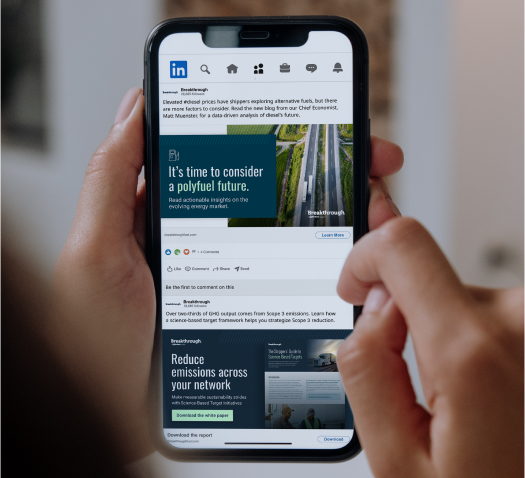
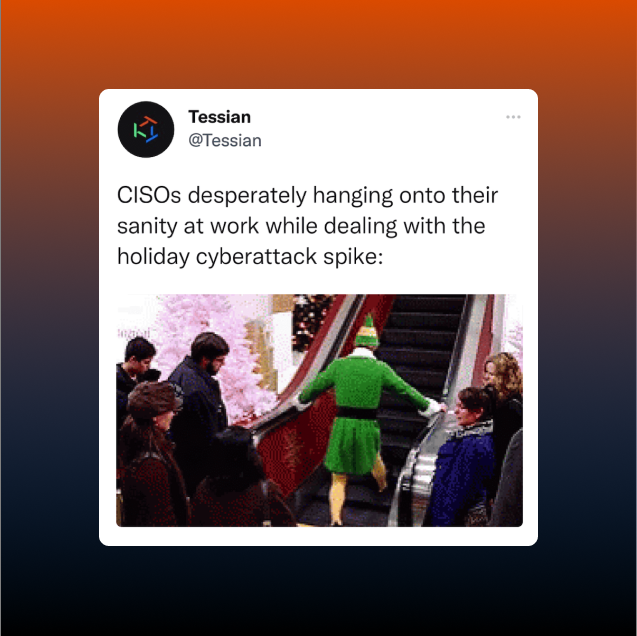
Walker Sands Social Media Capability FAQs
Can you make us go viral?
While going viral is an exciting moment for any brand, we don’t believe in virality as a useful metric for building a social program. Due to the unpredictable nature of many social platforms’ algorithms, no agency or individual can guarantee virality. Instead, Walker Sands focuses on developing an ongoing strategic approach to social media that fosters communities and builds credibility for your brand over time, while also jumping on trending moments when appropriate.
Why is social media important for a B2B company?
Social media is an ingrained element of consumption, even for B2B buyers. It provides brands with an owned platform they can use to build meaningful relationships with their most important stakeholders (there’s a reason it’s called “social”). Conversely, the lack of a social media presence often gives potential customers cause for concern and can empower your competitors to control the narrative on social platforms.
Which platforms should I invest in?
Platform recommendations will always depend on a brand’s target audience and desired outcomes. While B2B marketers often shy away from platforms such as Facebook, brands can find success targeting niche audiences on these platforms. Our B2B social media marketing agency seeks to reach these audiences with content that speaks to pressing issues they encounter within their industry.
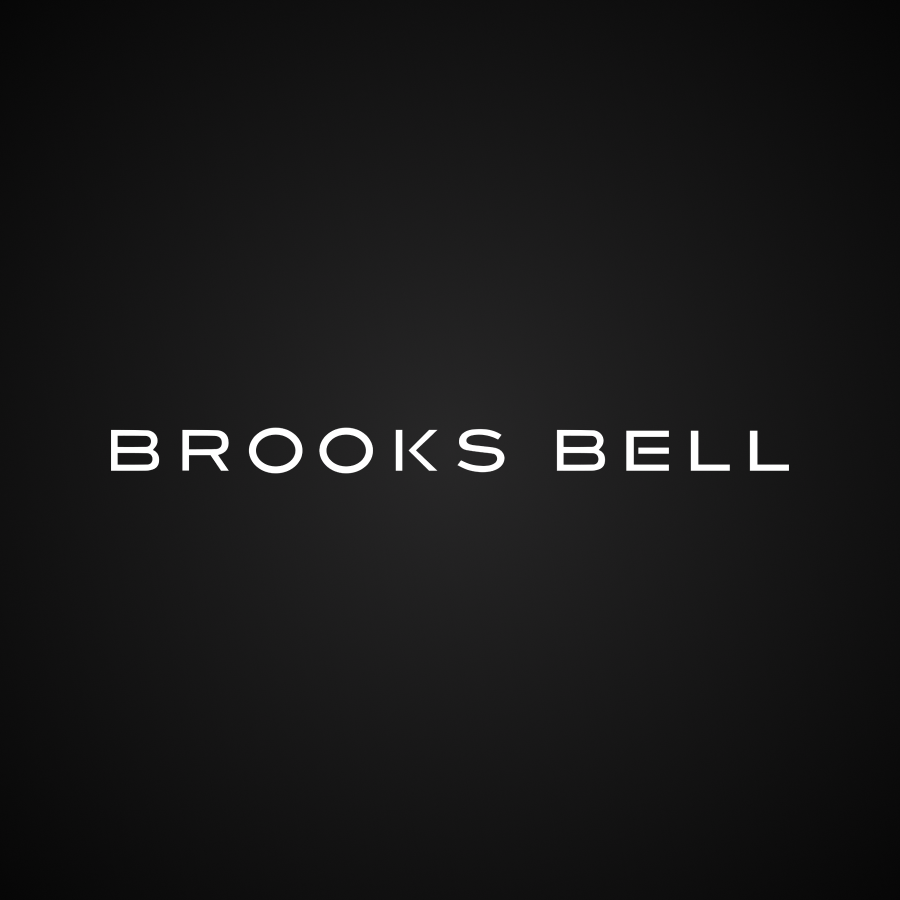
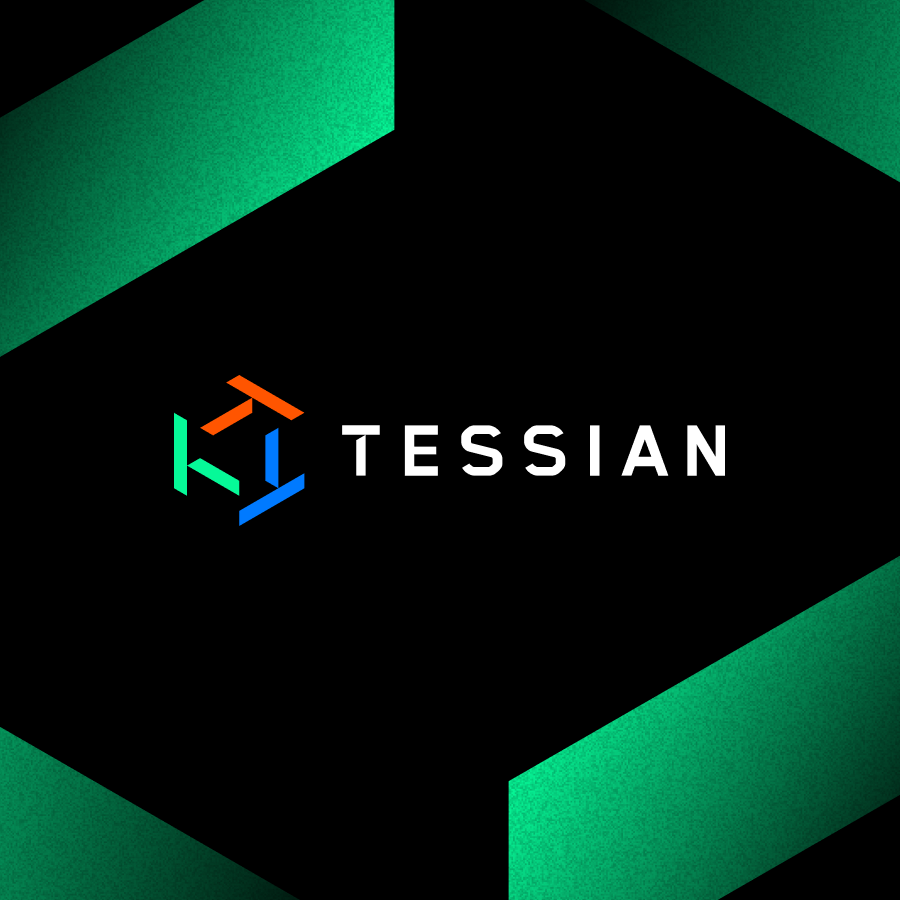

Power marketing outcomes with a smarter approach to social.